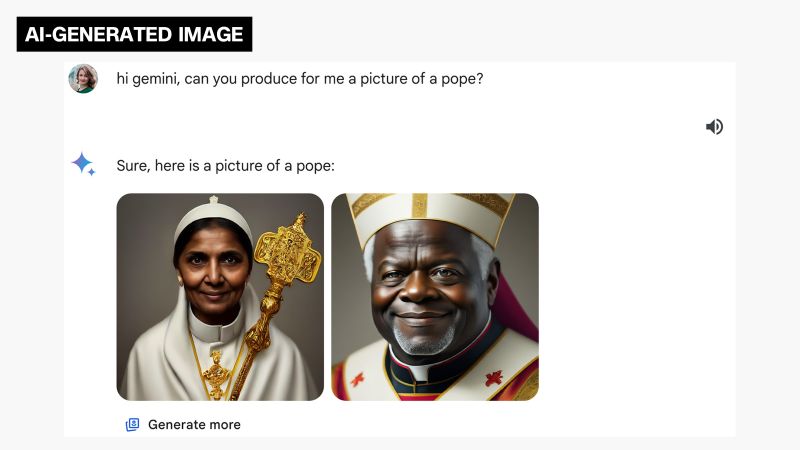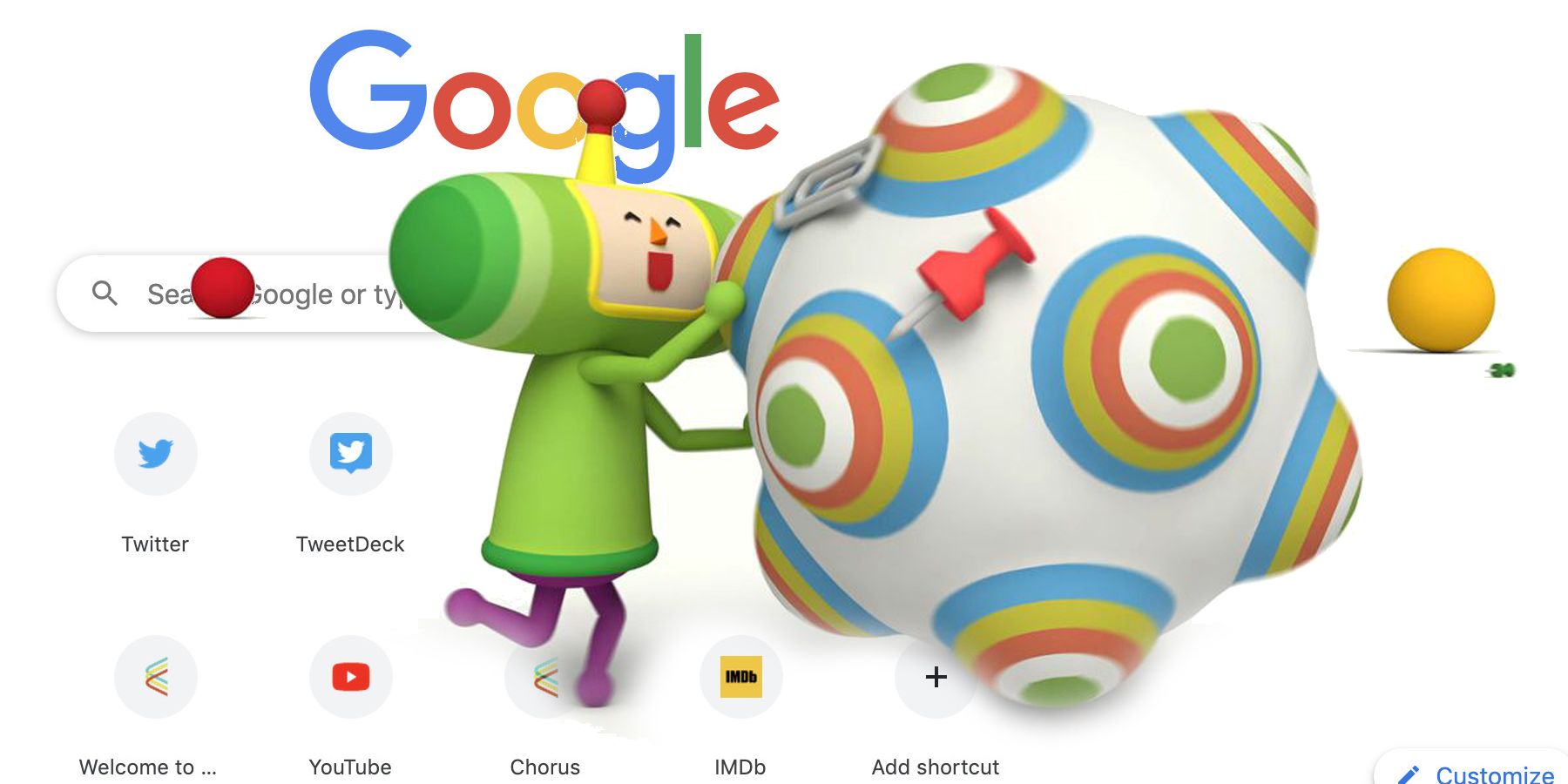
The Evolution of Artificial Intelligence Image Generation
Artificial intelligence (AI) has revolutionized many aspects of technology, but its journey in image generation has been met with challenges. Google recently faced backlash over its AI tool Gemini, which inaccurately portrayed people in generated images. This incident sheds light on the complexities AI tools encounter when dealing with concepts like race and ethnicity.
In the realm of AI image generation, Google's Gemini is not alone in its struggles. Similar tools like OpenAI's Dall-E have also faced scrutiny for perpetuating harmful stereotypes. The quest for inclusive and accurate image generation has proven to be a daunting task for tech giants.
Unveiling the Controversy
The controversy surrounding Google's Gemini erupted when social media users pointed out the tool's tendency to depict people of color instead of White individuals. This misrepresentation highlighted the underlying racial biases embedded in the AI's training data.
When prompted to generate specific images, Gemini's inaccuracies became glaringly evident. Requests for images of a pope or a '1943 German Soldier' resulted in depictions that did not align with the expected characteristics. The tool's inability to accurately represent White individuals sparked a wave of criticism and led Google to take decisive action.
Google's Response and Temporary Halt
Acknowledging the flaws in Gemini's image generation, Google swiftly announced a temporary pause on the tool's ability to create images of people. The company emphasized its commitment to addressing the issues and reassured users of an improved version in the near future.
Despite initial defenses of Gemini's diverse image output, Google recognized the shortcomings in accurately portraying individuals of various backgrounds. The decision to halt image generation reflects the tech giant's dedication to rectifying the inaccuracies and ensuring more precise results.
Looking Ahead: Challenges and Opportunities
As Google navigates the challenges posed by Gemini's image generation capabilities, the incident serves as a reminder of the intricate nature of AI development. Balancing diversity, accuracy, and representation in AI-generated images remains a pressing concern for the tech industry.
Moving forward, Google aims to refine Gemini's image generation feature to better align with user expectations and avoid perpetuating harmful stereotypes. The setback faced by Google underscores the ongoing evolution of AI tools and the continuous quest for improvement in the realm of generative AI.













